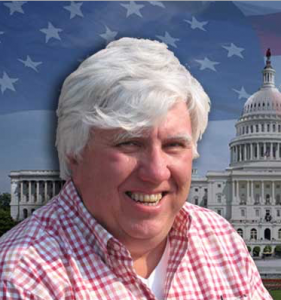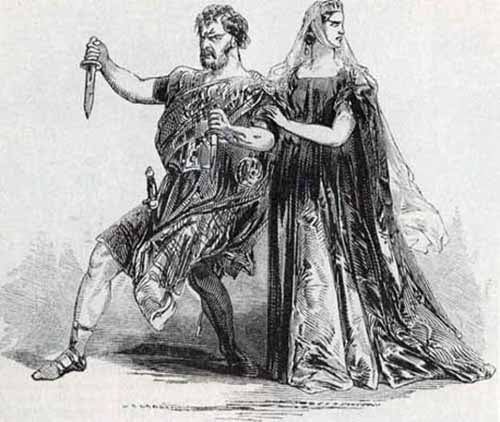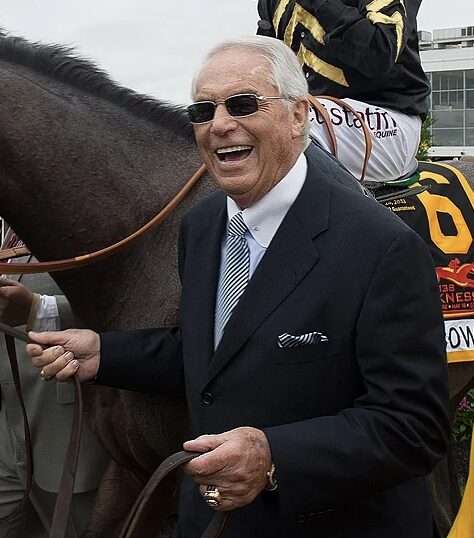Senate Republican Leader Mitch McConnell has endorsed his arch enemy, madman Donald J. Trump, for president of these United States, which is akin to a Rhode Island red expressing a desire to go live in Colonel Sanders’ henhouse.
So it’s a little odd that McConnell, of Louisville, has spent much of the past few weeks repudiating several items his choice for the White House holds dear to his heart – tariffs and his love affair with Hungary’s strongman Viktor Orban among them. And he continues to stand firmly with Ukraine and its president, Volodymyr Zelensky in its ongoing war with Russia, a a confrontation that sees Trump sidling up with his old pal, Russia President Vladimir Putin.
McConnell’s endorsement of Trump has always been a matter of convenience. As the Senate GOP leader, McConnell felt an obligation to support the party’s presidential candidate whoever it might be, apparently up to and including Bozo the Clown. It has become a loathsome commitment given who attained that coveted nomination. Trump consistently belittles the 82-year-old McConnell at every opportunity, even casting his rancid net over the senator’s wife, former Transportation Secretary Elaine Chao.

The two worked together during Trump’s White House years, 2017-2021, but never really got along. While McConnell is the epitome of an establishment Republican, Trump is the sort of Republican who seeks to give people a hotfoot followed by a wedgie.
Trump is not to be taken seriously, although it’s probable he will earn in excess of 70 million votes in the Nov. 5 election and perhaps, God forbid, once again serve as the head of state. McConnell, on the other hand, intends to forfeit his power, stepping aside as the upper chamber’s GOP leader after a historic 18-year run. That apparently has freed McConnell to, at least on occasion, speak his mind rather than constantly acquiesce to the far-right members of his party, like Sen. Ted Cruz, R-TX, and Sen. Rick Scott, R-FL, the latter of whom intends to replace Mitch as the chamber’s Republican leader.
The headline disagreement involves tariffs, an issue Trump has settled on to successfully address all of the nation’s economic ills without a corresponding problematic ripple, which is a fool’s way of looking at the matter. It’s Trump’s version of offering everyone a chicken in every pot and a car in every garage, a promise attributed to President Herbert Hoover, whose administration helped launch the nation into the Great Depression.
Trump, intent on picking a fight with China, has proposed a 60 percent tariff on any of its goods that cross U.S. shores. Everything else the nation imports will be taxed at up to a 20 percent rate.
And he apparently intends to use tariffs as some sort of cudgel. John Deere, the well-known farm equipment manufacturer, announced plans late last month to ship some manufacturing operations to Mexico. Trump responded by vowing to impose a 200 percent tariff on any item Deer exported back to the U.S.
Mexico, it’s fair to say, is not Trump’s favorite spot in the world, likening those who cross the southern border without proper documentation as animals, murderers and rapists, according to his pique at the moment. So, in his vexation, Trump, if elected, intends to impose a 100 percent tariff on all goods imported from Mexico, a move that would violate the North American Free Trade Agreement.
Details, details.
Trump maintains his tariffs proposal would magically create jobs, reduce the deficit, beat inflation and contribute funding for proposals like subsidized childcare. The exporting countries, not American consumers, would pick up the tab.
Tariff, Trump said during a campaign stop in Georgia, “is one of the most beautiful words I’ve ever heard.”
“If you don’t make your product here, you will have to pay a tariff, a very substantial tariff when you send your product into the United States,” he said.
Most economists disagree with Trump’s rosy assessment. The Peterson Institute for International Economics released a paper last week maintaining the Trump plan would tear the economy asunder, hindering growth and raising inflation while leading to higher unemployment.
The authors noted, “We find that ironically, despite his ‘make the foreigners pay’ rhetoric, this package of policies does more damage to the U.S. economy than to any other in the world.”
Somehow, Trump got it in his increasingly dull noggin that other countries will foot the bill, not the manufacturers in those countries, and that there would be no attempt to pass the costs on to American consumers.
In other words, free money.
And people support this dude.
Despite his endorsement, McConnell acknowledges that the Trump economic plan is a bunch of hooey, telling reporters that it would lead to inflation.
“I’m not a fan of tariffs,” McConnell said. “They raise the prices for American consumers. I’m more of a free-trade kind of Republican that remembers how many jobs are created by the exports that we engage in. So, I’m not a tariff fan.”
McConnell specifically cited an industry near and dear to his old Kentucky home that would be hurt by high tariffs and any trade war that might ensue.
“Take the bourbon industry, for example,” he told the website Semafor. “In Kentucky, it’s really been adversely impacted by European tariffs. I represent Kentucky, in addition to having this job. We’ve had a very bad experience in our signature industry with tariffs.”
In fact, the industry suffered during Trump’s first term when various countries retaliated against Trump’s first round of tariff hikes by raising the tax on bourbon.
The pair find themselves crossing swords on other matters. Trump and Orban are BFF, which should come as no surprise since they are bird of a feather. Orban is a notorious authoritarian, a status Trump aspires to. The two play kissy-face at every opportunity.
“Let me just say about world leaders, Viktor Orbán, one of the most respected men, they call him a strong man,” Trump said in September. “He’s a tough person. Smart prime minister of Hungary.”
McConnell is not so mesmerized.
“I’ve spoken before about Hungary’s decade-long drift into the orbit of the West’s most determined adversaries,” McConnell said in a floor speech. “It’s an alarming trend. And nobody — certainly not the American conservatives who increasingly form a cult of personality around Prime Minister Viktor Orbán — can pretend not to see it.
“Hungary’s leaders aren’t cozying up to Moscow, Beijing and Tehran in private. They’re doing it publicly and vocally as well.”
But the issue that may cause the biggest rift is Ukraine. McConnell, at some political risk, has gone to bat time and again for the beleaguered, war-weary nation. Trump is not an advocate. During the presidential debate with Vice President Kamala Harris, the Democratic nominee, Trump refused to take sides, failing to acknowledge he hopes Ukraine wins its war with Russia. The GOP nominee for vice president, Sen. JD Vance, R-OH, openly opposes sending more military aid.
McConnell is not backing down.
“I’m confident that I’m going to be arguing that it’s in America’s interest, our interest, for Ukraine to beat the Russians,” McConnell told Semafor. “No matter which administration.”
And there’s always the filibuster. Trump pressured McConnell incessantly during his White House tenure to do away with the rule that, in modern times, essentially requires 60 votes in the 100-member chamber to pass a bill.
“I had a one-word answer: ‘No,’” McConnell said.
By stepping aside as Republican leader after the November election, McConnell is forfeiting the authority to confront Trump should the latter’s campaign prove victorious. But the vitriol found in this marriage made in, well, somewhere other then heaven will continue.

















